Although unlike Shark Tank, you don't have to "valuate" your project or give up any percentage of your company/copyright etc...You do, however, have to figure out how much you will need to get a first run, minimum order from the manufacturer, and all that jazz. If you get way more than what you expected or need to fund the order (creation to shipping products to donators) you should consider using some of that to patent (if possible) your product (or recoup your fees)...
The beauty of the way KS works is that your literally offering them something (or nothing) for their money and beyond that you have no obligations. This means if they donate to get a bonefide copy of the product once you ship them that product your done.
If you get 3 million but only need 1 million to create all those watches, the 2 million is yours to do with as you please!
They are literally ordering from you, profit is part of that equation (and is understood by all parties). On shark tank your giving up equity in your business forever- on KS your just offering them something for a donation!
back to the minimums required and no maximum donations amount. This means if you ask for 5.00 and get $3,000,000 you get 3 Million!
You don't want to ask for too little, however, because the asking price revving up generates interest, and people love to flock to a "popular" listing don't they?!
Dispora Team Asked for 15k but got 200K and some change
The Diaspora Team asked for I believe 15,000 dollars and got $200,000 and some change, so the system works!
This Kind Of Opens Doors Doesn't It?
So if you think you have the next million dollar "why don't they invent..." Idea, you can now become  the "they" in that equation. If your resourceful you can figure out all the details i.e. how to get a design created from your prototype or drawings, then how to find a manufacturer to punch it out for you, how much that would cost, what their minimum gross is, and all that jazz.
the "they" in that equation. If your resourceful you can figure out all the details i.e. how to get a design created from your prototype or drawings, then how to find a manufacturer to punch it out for you, how much that would cost, what their minimum gross is, and all that jazz.
These companies are out there and will deal with ANYONE who can meet their minimum requirements.
Until recently, only big companies could even think to ask them to tool up a design. It doesn't take having money first to figure out what is needed. In fact with the web you can figure it all out then the only thing needed, the thing that talks when BS walks- you just need the cash. That's where Kickstarter.com comes in.
Book Writers Rejoice! A New Publishing Medium Is Here!

Some ideas are simple to implement- i.e. a book can be published from and printed for your customers at LuLu.com or the other thousand out there, all you need is the money to order them wholesale- you can set up your project and order them having them drop shipped to the donators.
If you don't know anything about tooling up (type facing etc...) you can use part of the profits to pay a guy who does (the site there actually has a service for fully automating everything just send them content and pay them... you can also use freelancers who know this stuff and have published (and purchased the expensive software to create the books pro look) to do it.
In the end the only thing you really need (beyond the product idea, book contents, etc...) is the  money to put the whole thing into motion!
money to put the whole thing into motion!
Don't be ashamed to ask for what you need to produce the book or product completely (including all expenses) and don't forget to include your time and processing (the profit)- nobody expects you to work for free!
(aren't you glad you live in this fully connected world now?)
Build A Prototype Or Have A GREAT Video/Drawing or Article Written To Describe it

Once you have your ducks in a row, you probably want to conceive at least one prototype or a video animation markup to prove how cool it is, write up a compelling article, and make a compelling video to sell the idea to the masses.
People are there looking, that's obvious by the $3,000,000 one guy acquired in just 30 days... Once you have all this up you just sit back and wait (well market if you can). If your funding comes in and only if it comes in, your committed to place the order and get it all going. I'd start small and work up. You can re-list the same product again, especially if it made a lot of money...
The beauty is there are no time constraints other than those you set (as far as product creation/implementation of your idea after funding is complete). The Diaspora team elected to spend the 3 months of summer to build it, before that they just had an idea and a vague plan! You want to set realistic time tables, people don't like to wait too long.
In the rewards system you can offer more enticements to get people to donate at higher levels thus driving your money up fast. There is a timer on the clock, you can run a short one or a long one (15 days/30 days?)...
For example if your offering a smart watch and you plan to later retail it at likely twice or more the cost of a donation (so donating you get in on the ground floor pricing- wholesale) you can offer at a higher donation 10-100 watches at the ground floor price. Retailers are also watching these sites to find their initial stock of a brand new idea- the biggest sellers!
Some people get mighty creative with their reward/award levels. Things like 1.00: a thank you 5.00: an email thank you and your name displayed on their site prominently as the original funders of the idea (so when it's big you'll get notoriety) 25.00 the product + design schematics 500.00 25 of the product (in all colors), a hand written thank you, 1 day with the creator to ask anything you want on Skype or even in person if your willing to pay to get there! ... and so on.
I think you'll find this site pretty fun just to look around in. It's pretty amazing to see things right at the cusp of being invented! These are often ordinary people with drive to create a page and figure out how to manufacture it.

One family actually did a page that gave the donator nothing but a thank you and to get to be a part of every step of creating a replica of Battlestar Galactica's viper in a VR game that is a full size viper being built! So not everything is for getting something (although I believe they gave donators schematics, access to the code of the game which they were also creating, and things of that nature).
The site is pretty amazing and talk about inspirational! You could effectively have a book idea, post it on the site and ask for people who want to buy a copy essentially, and of course a signed copy at a higher donation/award level, a day with the author etc... and if you get funding you would essentially write it and mail it out!
Kickstarter doesn't take any of your copyrights, they just give you the venue to ask for donations and generate money when someone has a winning idea funded.
The site name does what it says- it kickstarts your business, your idea, your invention. Most people who create a winning product use the excess profits to retail it and get it to the next level. Although you could just use it to make a quick buck, why would you stop there?



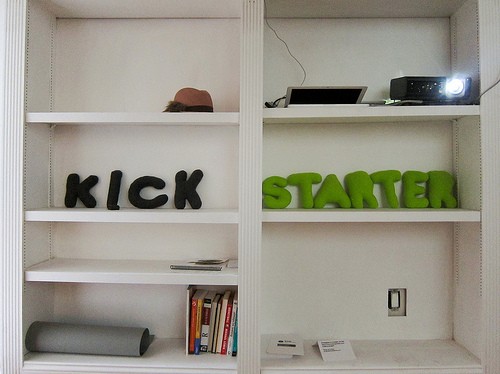
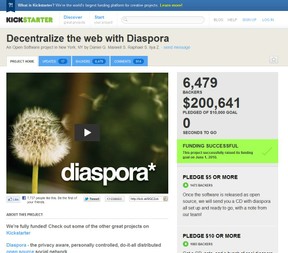
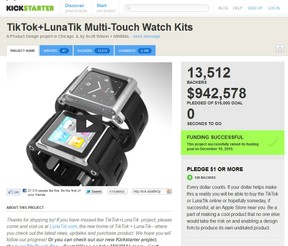
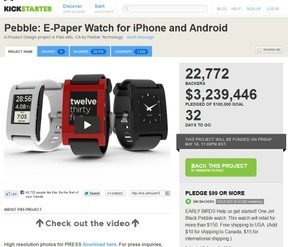
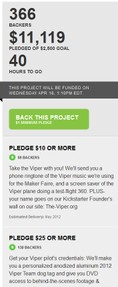

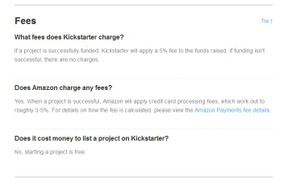
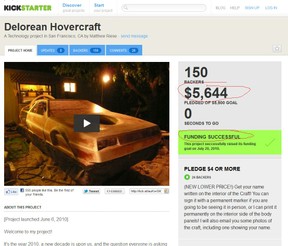
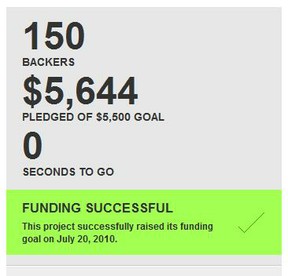

 the "they" in that equation. If your resourceful you can figure out all the details i.e. how to get a design created from your prototype or drawings, then how to find a manufacturer to punch it out for you, how much that would cost, what their minimum gross is, and all that jazz.
the "they" in that equation. If your resourceful you can figure out all the details i.e. how to get a design created from your prototype or drawings, then how to find a manufacturer to punch it out for you, how much that would cost, what their minimum gross is, and all that jazz.
 money to put the whole thing into motion!
money to put the whole thing into motion!

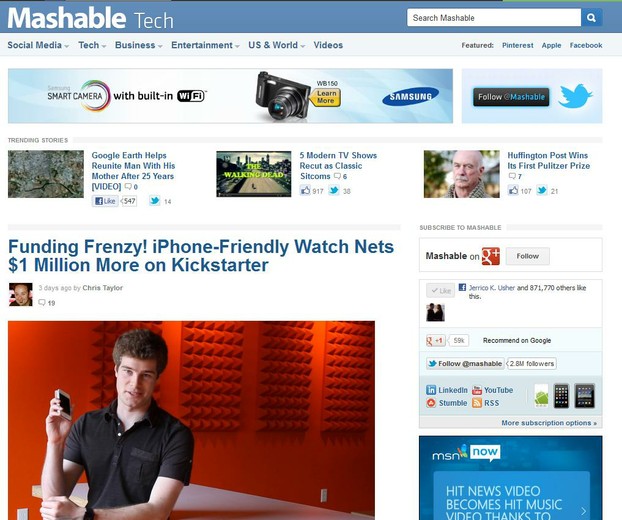
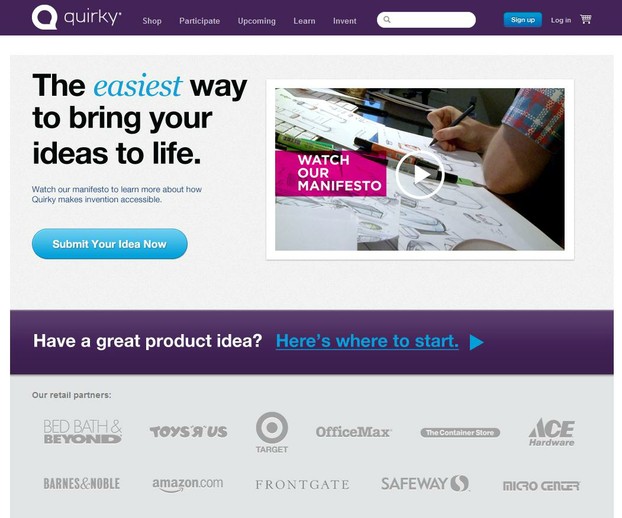

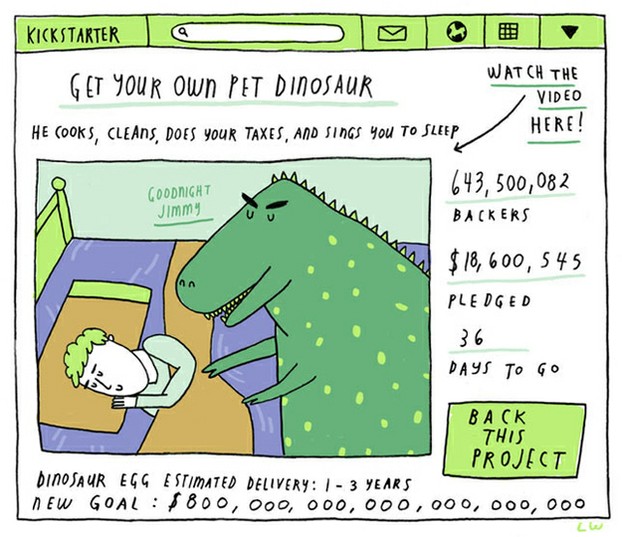
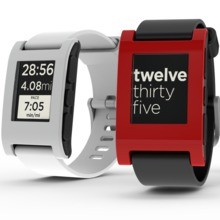

 Making Money Online is Not Impossible, It Just Takes Putting Yourself Out Thereon 09/25/2012
Making Money Online is Not Impossible, It Just Takes Putting Yourself Out Thereon 09/25/2012
 Thump. Looking For True Loveon 09/28/2012
Thump. Looking For True Loveon 09/28/2012
 Cure Tooth Decay Ramiel Nagel And Dr. Weston Price's Nutrition and Physical Regeneration Bookson 03/17/2013
Cure Tooth Decay Ramiel Nagel And Dr. Weston Price's Nutrition and Physical Regeneration Bookson 03/17/2013
 Cleaning Wool Rugs - Excellent Results At Homeon 03/10/2013
Cleaning Wool Rugs - Excellent Results At Homeon 03/10/2013


Comments
Thanks Craig, I'll check out your KS!
Kickstarter is pretty amazing. We actually have a project live on the site right now. It's a lot of work to get it started and to keep it going but worth the effort. The project is a new twist on kids bedtime stories. Here is a link to the project - http://kck.st/Bedtime_Travels
Great article, Jerrico
Hi Bizilady! Thanks for reading :) I was shocked when I found out about this "realm" of making money using crowdsourcing, it's fascinating to say the least and the things you can crowdsource at KS is amazing, I mean one guy actually got 11k to build a hovercraft deloreon like on Back to the future! Kind of makes dreams a reality and money a non issue huh?
As far as getting their ideas stolen, theres a few ways to do it- 1. the post on KS serves as a copyright- proof you came up with it first, however the new law states whomever patents it first gets it, so if your idea is really good, patenting it is key.
For many people when they get the funding they will likely use part of it to pay for the patent pending process so that's one way.. for the quirky site your giving it to them straight up for a royalty so there's no worry there- they take care of protecting it, marketing it, getting it into retail stores and you sit back and make money- but it's iffy.
As far as a book copyright you can write the book after getting funding (or before) then you'd mail yourself the manuscript- that's copywritten, you can also officially file for a copyright but mailing it to yourself is a first step and the post mark is proof (you don't open it after mailing it to yourself).
I really like the idea of using it as a way to fund getting a book published (self publishing) and sold before sending it to any publisher- once you get a bunch of sales you can actually use this data to woo a real publisher if you like with proven sales- and the best part is it costs nothing to post on KS!
Jerrico
Well these are interesting ideas and sources of venture money i never knew existed.
I wonder how the "inventors" keep their idea from being stolen?
good info J.